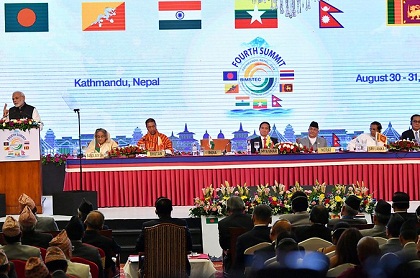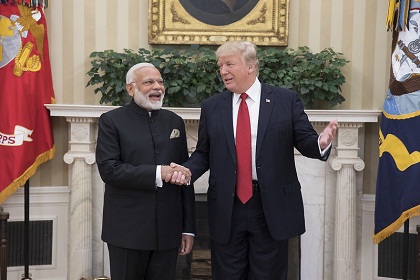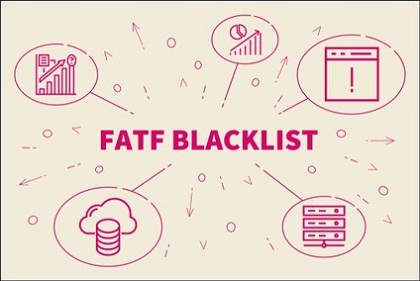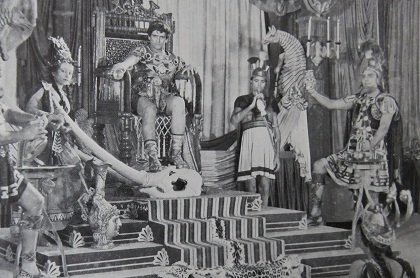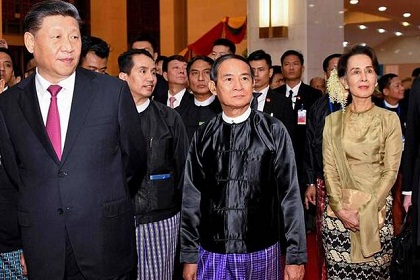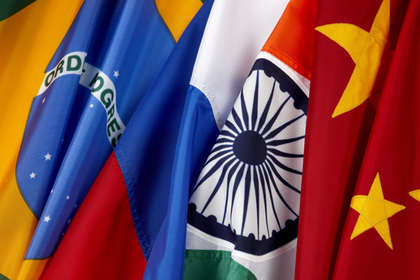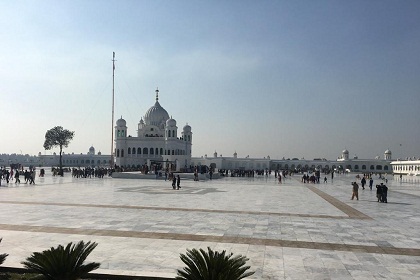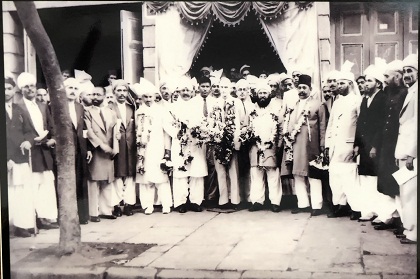BIMSTEC or SAARC?
South Asia’s speedy economic development depends on the level of integration between countries in the region. The South Asian Association for Regional Cooperation (SAARC) and the Bay of Bengal Initiative for Multi-Sectoral Technical and Economic Cooperation (BIMSTEC) have lost their momentum. But both platforms have their uses and can be revived creatively

